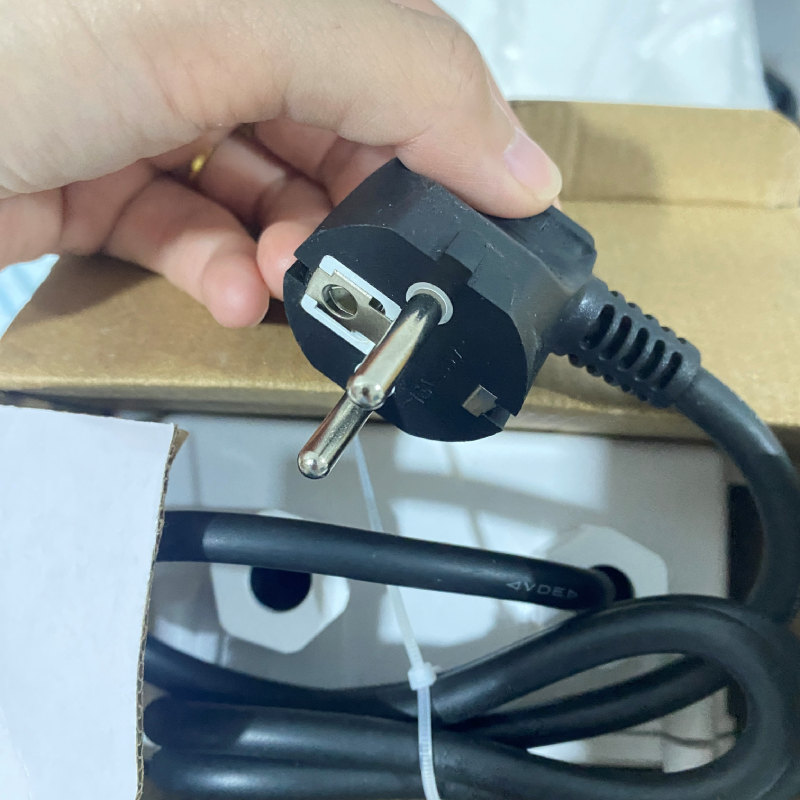Understanding the Types of Electrical Insulation Tape
Electrical insulation tape is an essential component in both commercial and residential electrical applications. This versatile product serves a critical role in protecting and insulating electrical wires, preventing short circuits, and ensuring safety in various environments. With a variety of types available, each designed for specific applications, it is crucial to understand the differences among them to choose the right tape for your needs.
1. PVC Electrical Tape
PVC (polyvinyl chloride) electrical tape is one of the most commonly used types of insulation tape. Known for its flexibility, durability, and resistance to moisture, PVC tape is ideal for a wide range of electrical applications. It is available in various colors, enabling users to create color-coded wiring systems for easier identification. The tape is effective in low to moderate voltage applications and is often used for insulating electrical wires, securing splices, and providing mechanical protection.
2. Vinyl Electrical Tape
Vinyl electrical tape shares many properties with PVC tape but is specifically designed for electrical applications. It is resistant to abrasion, UV rays, and solvents, making it suitable for both indoor and outdoor use. Vinyl tape can withstand high temperatures, which makes it ideal for electrical insulation in scenarios where exposure to heat is a concern. Its strong adhesive allows it to adhere well to various surfaces, providing a secure and long-lasting seal.
Rubber electrical tape is another popular variant used primarily for high-voltage applications. Its unique composition allows it to stretch considerably, making it perfect for covering irregular surfaces and yielding a tight seal. Rubber tape is particularly effective in environments with high moisture levels, as it has excellent waterproof properties. This type of tape is commonly used for cable splicing and repairs where additional insulation and protection from environmental factors are required.
electrical insulation tape types

4. Mastic Electrical Tape
Mastic tape is a unique, self-fusing tape made from a rubber-based compound. Its primary feature is its ability to bond with itself, allowing it to create a waterproof, airtight seal without the need for additional adhesives. Mastic tape is especially useful for repairing damaged insulation, splicing cables, and providing a protective layer for connections in outdoor environments. It can also withstand significant temperature variations, making it suitable for both high and low-temperature applications.
5. High-Temperature Insulation Tape
As the name suggests, high-temperature insulation tape is designed to withstand extreme heat events. This tape is typically made from materials like silicone or glass cloth, which can endure temperatures exceeding 500°F (260°C). High-temperature tape is used in applications within motors, transformers, and other equipment where electrical components are exposed to elevated temperatures. It is essential in situations where standard insulation tapes might degrade or fail.
6. Self-Amalgamating Tape
Self-amalgamating tape or self-fusing tape is another essential type of electrical insulation tape. Unlike traditional tapes that rely on adhesives, this tape fuses to itself when wrapped tightly around a surface. It provides excellent insulation and moisture protection and is commonly used in underwater or high-humidity applications. Self-amalgamating tape is often used for insulating connections, protecting exposed wires, and providing additional layers of insulation where needed.
Conclusion
Choosing the right electrical insulation tape is crucial for ensuring safety and effectiveness in electrical applications. Each type of tape has its unique properties suited for specific environments and uses. By understanding these differences, individuals and professionals can make informed choices that enhance the integrity of their electrical systems. Whether you are working on a home electrical project or in an industrial setting, selecting the appropriate electrical insulation tape will ensure that your installations are safe, long-lasting, and efficient.
-
XIANGFAN Rubber Tape-Ultimate Solutions for All Your Insulation NeedsNewsJun.24,2025
-
XIANGFAN Rubber Tape-Protection for Industrial and Residential ApplicationsNewsJun.24,2025
-
XIANGFAN Rubber Tape: Superior Safety and Sealing for Demanding EnvironmentsNewsJun.24,2025
-
XIANGFAN Rubber Tape: Reliable Solutions for Every Electrical ChallengeNewsJun.24,2025
-
XIANGFAN Electrical & Industrial Tape: Powering Reliability Across IndustriesNewsJun.24,2025
-
XIANGFAN Electrical & Industrial Tape: Excellence in Every ApplicationNewsJun.24,2025
